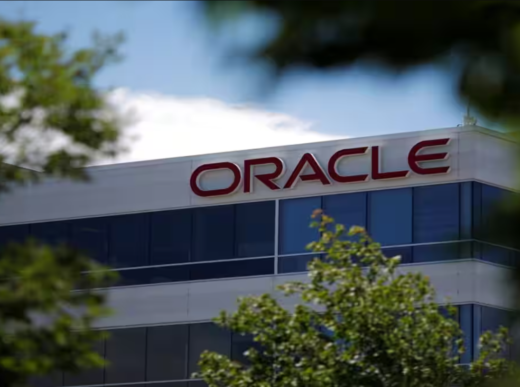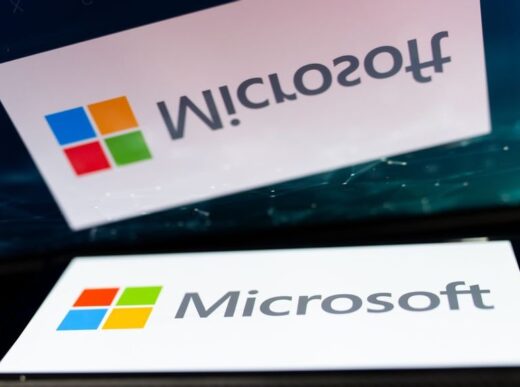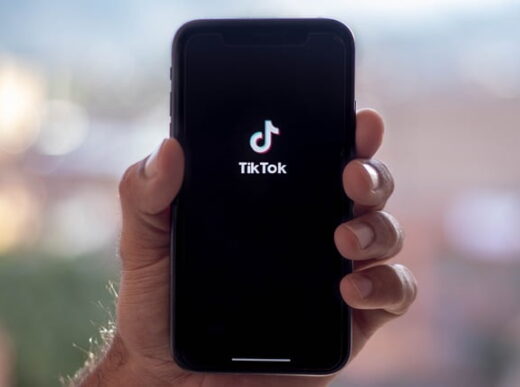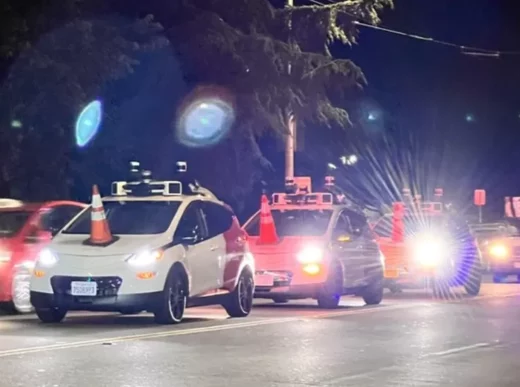The cyber world was rocked recently when a hacking group identified as Anonymous Sudan targeted X, formerly known as Twitter, causing a disruption that lasted for over two hours and impacted thousands of users across several countries. The motive behind this attack was to exert pressure on Elon Musk to initiate his Starlink service in Sudan. As the implications of this event reverberate, this article delves into the intricacies of the hacking incident, the motivations driving the hackers, and the broader geopolitical context surrounding these actions.
Anonymous Sudan’s Ultimatum to Elon Musk: A Cyber Maneuver
Anonymous Sudan’s cyber assault on X was executed with a clear message: launch Starlink in Sudan. Their actions underscore the increasingly interconnected nature of technology and geopolitics. The hacking group specifically targeted X in an attempt to garner the attention of Elon Musk and leverage their cyber prowess to push for the expansion of Starlink services to Sudan. This event serves as a poignant reminder of the influence that hacking groups can wield in shaping global narratives.
Methods, Motives, and Modus Operandi
The tactics employed by Anonymous Sudan in this attack largely mirror their previous modus operandi. Their approach is characterized by Distributed Denial of Service (DDoS) attacks, which involve overwhelming a target’s servers with excessive traffic, leading to temporary service disruption. While these tactics may lack sophistication, they have been effective in garnering attention and achieving the group’s goals.
Behind the scenes, the motivations of Anonymous Sudan are multifaceted. The hacking group seeks to exploit vulnerabilities in the digital realm to advocate for geopolitical causes. Their actions have a twofold objective: raising awareness about pressing issues and putting pressure on key stakeholders to take specific actions. In this case, the cyber attack was aimed at drawing attention to the civil war in Sudan and highlighting the dire state of internet connectivity due to ongoing conflicts.
The Ambiguous Identity and Geopolitical Undercurrents
Anonymous Sudan’s identity and affiliations have long been shrouded in mystery. While accusations of being a Russian cyber-military unit in disguise have circulated, the group has vehemently denied these claims. Instead, they assert their location in Sudan and assert that their actions are rooted in a desire to defend Sudanese interests and Islam. The group’s assertions challenge conventional assumptions about cyber warfare and its geopolitical ramifications.
Geopolitically, Anonymous Sudan’s actions reflect a broader trend in which hacking groups become agents of influence in global conflicts. Their support for various causes and governments, such as Russia, underscores the nuanced alliances and motivations driving cyber operations. This dynamic blurs the lines between state-sponsored and hacktivist cyber activities, adding layers of complexity to the evolving landscape of cyber warfare.
Evaluating the Broader Implications
The impact of Anonymous Sudan’s actions extends beyond the immediate disruption caused to X. The incident highlights the symbiotic relationship between technology, geopolitics, and public awareness. As hacking groups harness digital tools to advance their agendas, stakeholders ranging from governments to corporations must grapple with the challenge of safeguarding digital infrastructure and responding to evolving threats.
In the context of Elon Musk and Starlink, the incident serves as a reminder of the influence of tech moguls on global connectivity and development. The group’s attempt to pressure Musk underscores the power that prominent figures wield in shaping technological initiatives and their geographic distribution.
The Road Ahead: Balancing Digital Progress and Geopolitical Dynamics
The Anonymous Sudan incident offers a glimpse into the evolving landscape of cyber warfare and its intersection with geopolitical motives. As digital tools become pivotal instruments of influence, the challenge lies in striking a balance between advancing technological progress and addressing the geopolitical ramifications of such advancements. Additionally, discerning between state-sponsored and hacktivist cyber activities becomes increasingly complex, necessitating innovative approaches to cybersecurity and international cooperation.
In conclusion, the Anonymous Sudan cyber attack on X to pressure Elon Musk into launching Starlink in Sudan serves as a microcosm of the intricate interplay between technology and geopolitics. The incident prompts a deeper reflection on the role of hacking groups in shaping global narratives, the evolving tactics of cyber warfare, and the imperative of safeguarding digital infrastructure in an interconnected world.















